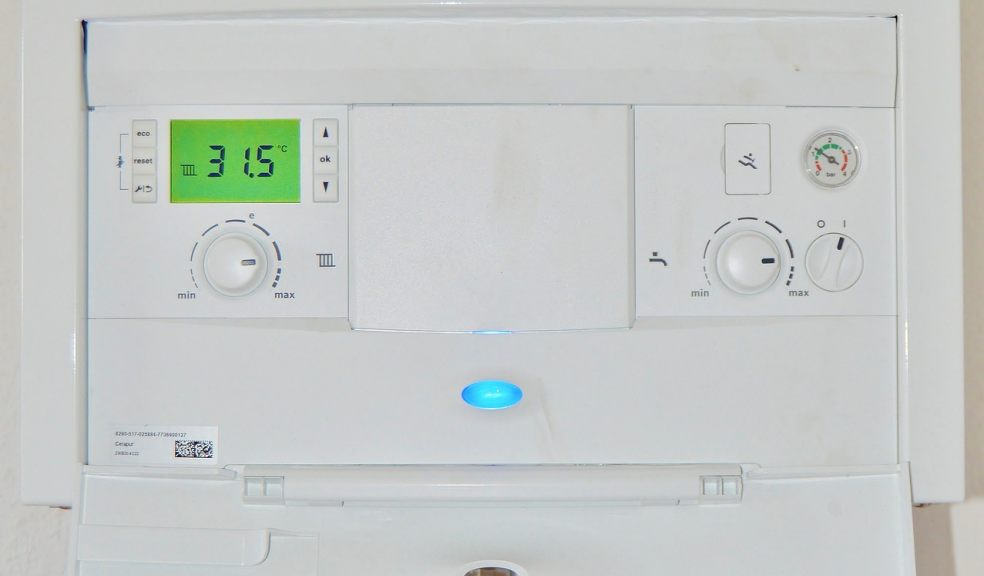
What Does kW Refer to in Boilers?
When discussing boilers, particularly in the context of residential or commercial heating systems, the term "kilowatt" (kW) frequently emerges as a critical measure.
Understanding what kW refers to in boilers is essential for selecting the right heating system for your needs. In its simplest form, a kilowatt is a unit of power in the International System of Units (SI), representing 1,000 watts of energy output.
The Significance of kW in Boiler Performance
The power output of a boiler, measured in kilowatts, directly influences its ability to heat a space. This is not merely a matter of the higher, the better; rather, it's about finding the right balance for your specific requirements. For example, a small apartment would require a boiler with a lower kW rating compared to a large commercial building.
In the context of iHeat boiler installation, selecting the appropriate kW rating is crucial. The kW rating determines not just the boiler's capability to heat your home but also its efficiency and long-term running costs.
A boiler with too high a kW rating for your property can lead to wasted energy and increased costs, whereas one with too low a rating may not adequately heat your space.
kW Ratings and Your Heating Requirements
The calculation of the required kW rating for a boiler depends on several factors, including the size of the area to be heated, the number of radiators in the property, and the overall level of insulation. Generally, a larger space with more radiators will necessitate a boiler with a higher kW rating.
Professional heating engineers, like those at iHeat, conduct detailed assessments to determine the most suitable kW rating for your boiler. This ensures that your heating system is not only efficient but also cost-effective in the long run.
kW and Efficiency: A Balancing Act
Selecting the correct kW rating for your boiler is not only about meeting your heating needs but also about ensuring energy efficiency. A boiler that is too powerful for your home can result in unnecessary energy consumption, while an underpowered boiler will have to work harder and less efficiently to heat your home.
Therefore, balancing the kW rating with the specific requirements of your property is key to achieving optimal efficiency and reducing your carbon footprint.
Innovative Solutions in Modern Boiler Technology
Advancements in boiler technology have led to the development of more efficient and environmentally friendly systems. Modern boilers are designed to provide maximum heating with minimal energy consumption, and the kW rating plays a central role in this efficiency.
Homeowners are increasingly opting for boilers that not only meet their heating needs but also align with their environmental values, further emphasising the importance of understanding kW ratings.
The Final Piece: Matching kW to Your Needs
The kW rating of a boiler is akin to the heart of your home heating system. It determines the power, efficiency, and suitability of the boiler for your specific heating requirements. Understanding this concept is essential when selecting a boiler, ensuring that you enjoy a warm, comfortable home without incurring excessive energy costs.












